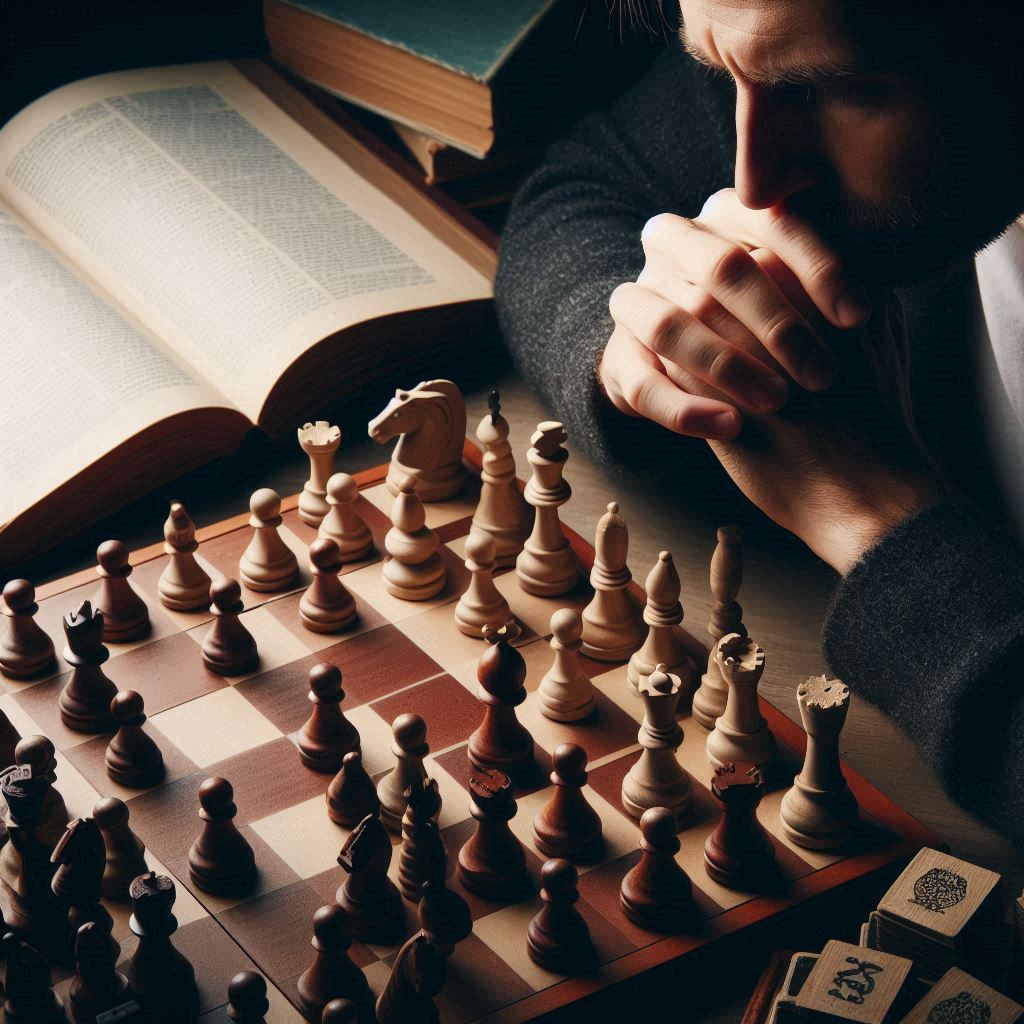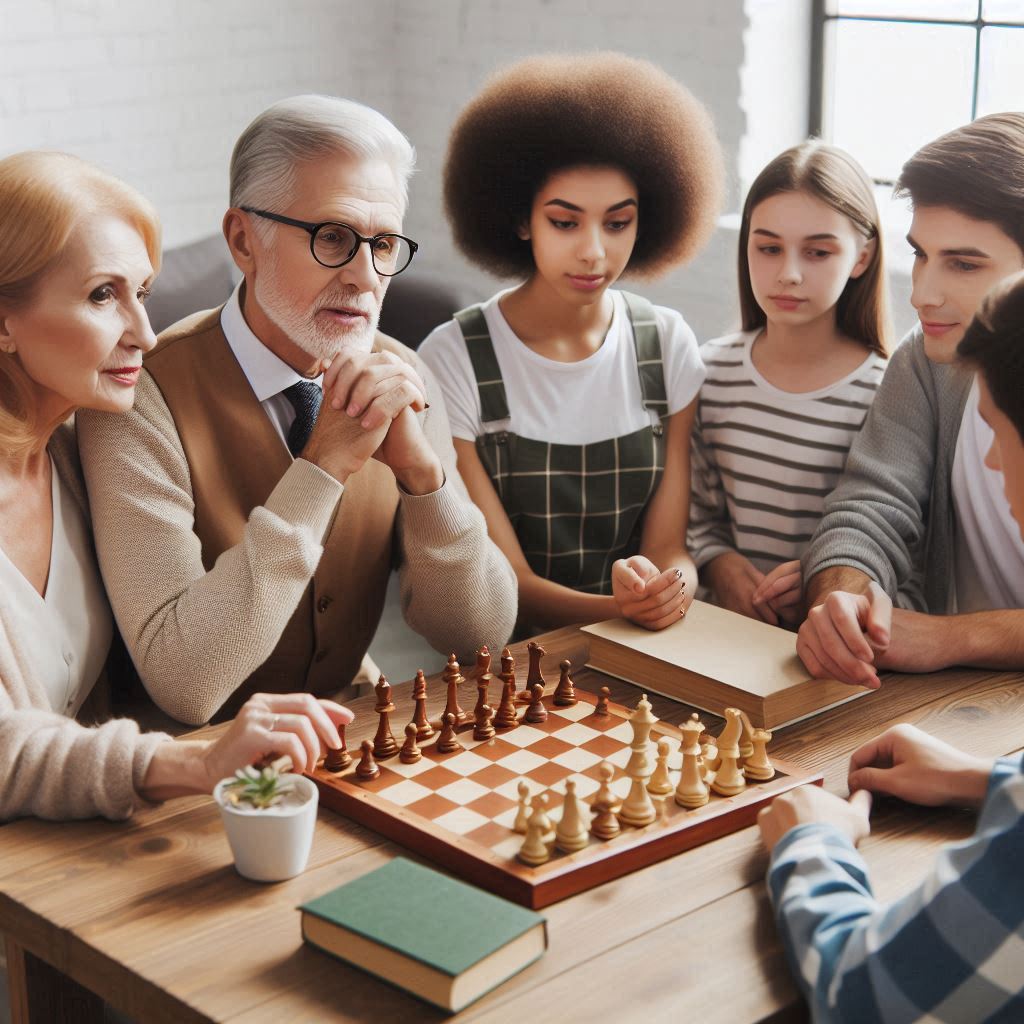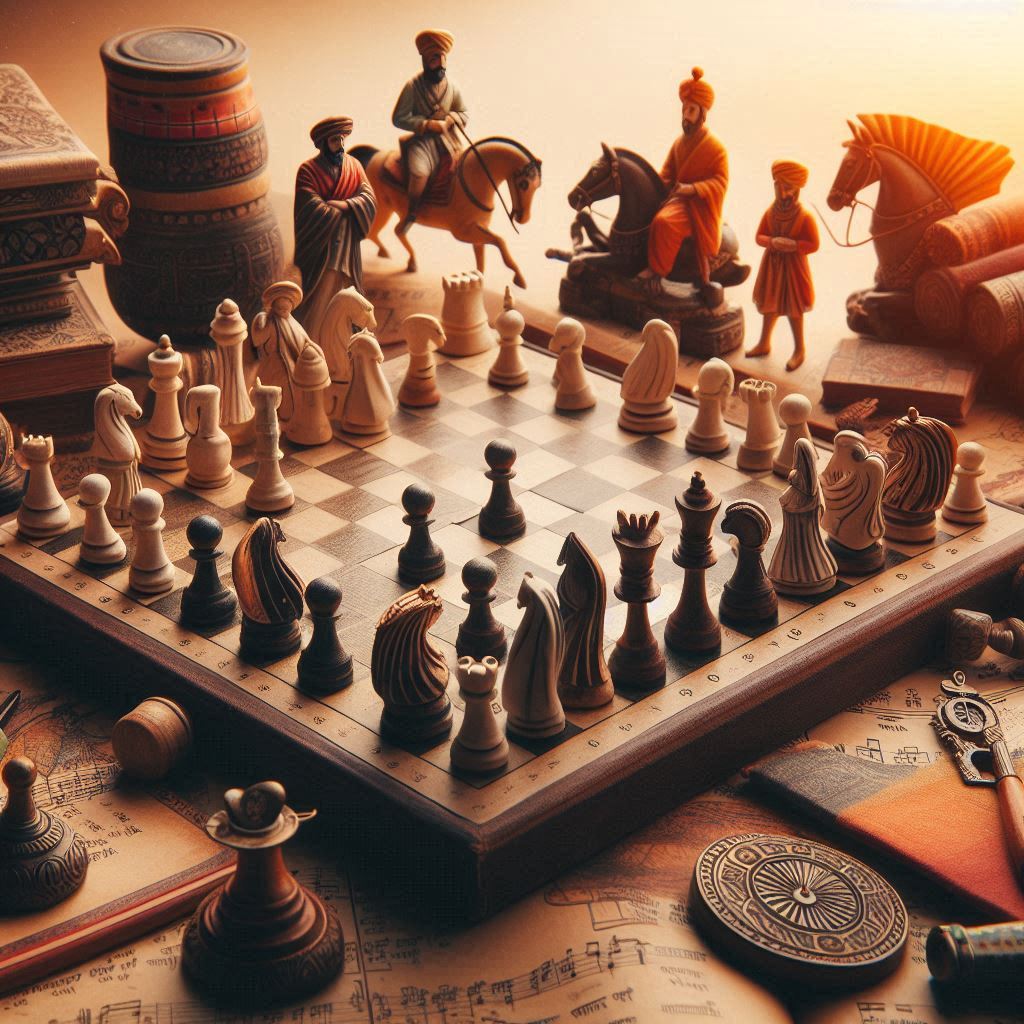Introduction
In chess, the endgame is often the phase where games are decided, and true mastery is revealed. While the opening and middlegame focus on tactics and piece development, the endgame demands a deep understanding of strategy, precision, and foresight. This blog explores the vital role of strategy in chess endgames and provides insights into techniques and principles that can help you secure victories.
Understanding Endgame Fundamentals
Key Principles and Concepts: The endgame phase focuses on converting advantages into victories. Key principles include:
- King Activity: Unlike the opening and middlegame, the king becomes a powerful piece in the endgame. Centralizing the king and using it actively can be decisive.
- Pawn Structure: Understanding pawn structures, creating passed pawns, and advancing them towards promotion are critical.
- Piece Coordination: Effective coordination between the remaining pieces is essential for maximizing their potential.
King Activity
The Importance of King Centralization: In the endgame, the king’s role transforms from a piece needing protection to an active participant in the battle. Centralizing the king allows it to support pawn advancement, control key squares, and participate in both offensive and defensive operations. Ensuring your king is active can often make the difference between winning and drawing.
Pawn Structure and Promotion
Strategies for Advancing and Promoting Pawns: Pawns play a pivotal role in the endgame due to their potential to promote to more powerful pieces. Key strategies include:
- Creating Passed Pawns: A passed pawn, with no opposing pawns blocking its path to promotion, is a significant asset.
- Pawn Breaks: Strategic pawn breaks can open lines and create opportunities for promotion.
- Pawn Majority: Utilizing a pawn majority (having more pawns on one side of the board) can help create passed pawns and exert pressure on the opponent.
Piece Coordination
Harmonizing Pieces for Maximum Efficiency: In the endgame, the remaining pieces must work together effectively. Coordination involves:
- Active Rooks: Rooks are most effective when placed on open files and active squares, supporting pawns and cutting off the opponent’s king.
- Knight and Bishop Cooperation: Knights and bishops should be positioned to control key squares and support pawns.
- Optimal Placement: Placing pieces on optimal squares where they control the most critical areas of the board.
Opposition and Zugzwang
Crucial Endgame Tactics and Techniques: Mastery of endgame tactics like opposition and zugzwang is essential:
- Opposition: A situation where one king directly opposes the other, forcing the opponent to move and concede critical space.
- Zugzwang: A position where any move a player makes worsens their situation, often leading to a loss or a significant disadvantage.
Common Endgame Scenarios
Typical Endgame Positions and Strategies: Familiarize yourself with common endgame scenarios such as:
- King and Pawn vs. King: Understanding the basics of promoting a pawn with the help of your king.
- Rook Endgames: Techniques for converting advantages in rook and pawn endgames, which are common in practical play.
- Minor Piece Endgames: Strategies for endgames involving knights and bishops, focusing on optimal placement and coordination.
Endgame Studies and Practice
Learning Through Studies and Practical Play: Endgame studies, or composed endgame puzzles, are excellent tools for improving your endgame skills. Practical tips include:
- Solve Endgame Puzzles: Regularly practice endgame puzzles to sharpen your calculation and strategy.
- Play Endgame Positions: Set up common endgame positions and play them out against a friend or computer to gain practical experience.
- Analyze Endgames: Study endgames from your own games to understand what went right or wrong and how you can improve.
Analyzing Grandmaster Endgames
Insights from Top-Level Endgame Play: Analyzing endgames played by grandmasters provides valuable insights into advanced techniques and strategic thinking. Look for games where endgame prowess made the difference and learn from the moves and plans executed by top players.
Psychological Aspects of Endgames
Maintaining Focus and Confidence: The endgame can be mentally challenging due to its precise nature. Tips for maintaining focus include:
- Stay Calm: Keep a clear mind and avoid panic, even in complex positions.
- Be Patient: Patience is crucial, as many endgames require precise maneuvering and waiting for the right moment to strike.
- Confidence in Calculation: Trust your calculation abilities and the plans you have formulated.
Using Technology for Endgame Training
Leveraging Engines and Databases for Improvement: Modern technology offers powerful tools for endgame training:
- Chess Engines: Use engines like Stockfish to analyze endgame positions and explore different possibilities.
- Endgame Databases: Study endgame tablebases that provide perfect play for specific endgame scenarios.
- Online Platforms: Utilize platforms like Lichess and Chess.com for interactive endgame training and practice.
FAQs
Why is the endgame important in chess?
The endgame is crucial because it often determines the outcome of the game. Mastery of endgame techniques allows you to convert advantages into wins and save difficult positions.
What are the key principles of endgame strategy?
Key principles include king activity, pawn structure and promotion, piece coordination, opposition, and zugzwang.
How can I improve my endgame skills?
Improve your endgame skills by studying endgame theory, solving puzzles, practicing common endgame positions, and analyzing games played by grandmasters.
What role does the king play in the endgame?
In the endgame, the king becomes an active and powerful piece, central to both offensive and defensive strategies.
Are there specific tools for endgame training?
Yes, tools like chess engines, endgame tablebases, and online platforms offer valuable resources for endgame training and improvement.
Conclusion
The endgame is a critical phase in chess where strategic understanding and precise execution are paramount. By mastering key endgame principles, improving your calculation skills, and leveraging modern technology, you can enhance your endgame play and secure more victories. Embrace the complexity and beauty of the endgame, and let it transform your chess journey into a path of continuous improvement and success.



